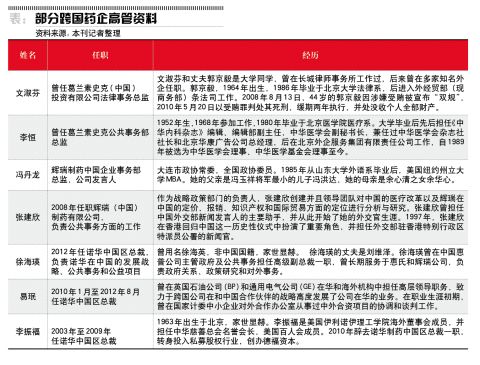Core summary
1. On the 10th local time, the US Food and Drug AdministrationWith 17 votes in favor, 4 votes against and 1 abstention, COVID-19 Vaccine Group decided thatThe benefits of using Pfizer /BioNTech COVID-19 vaccine in adults aged 16 and over outweigh the known risks, and the COVID-19 Vaccine Team of FDA recommended that Pfizer’s COVID-19 vaccine be approved.This means that the last obstacle has been cleared before the COVID-19 vaccine goes on the market in the United States.
2. The vaccination effect of tumor patients receiving chemotherapy and radiotherapy and patients undergoing bone marrow and organ transplantation needs to be studied. People who have been infected should also be vaccinated, but it is not recommended for pregnant women to be vaccinated. Patients with a history of severe allergies should also be carefully vaccinated.
3. At present, it can only be concluded that COVID-19 vaccine is valid for more than half a year.As for how long, we have to wait for the data to speak. According to the current stateIt may be a year or so, I hope it will be longer.
4. The extent to which COVID-19 vaccine can reduce the chance of spreading virus after vaccination needs further study. Therefore,After vaccination, you need to wash your hands, wear a mask and be socially isolated.
On December 8th, the world’s first Pfizer COVID-19 mRNA vaccine was inoculated in the UK after the third phase clinical study confirmed its effectiveness. The 90-year-old lady told the media at the vaccination site with a strong British accent: "This is the best thing that has happened to me, both effective and free!" . The second vaccinator is an 80-year-old man. His name is William Shakespeare, and he has the same name as the great British writer.
On the same day, after three weeks of investigation, FDA issued a review statement: Pfizer vaccine has no safety concerns, and the effective rate can reach 52% after the first vaccination, and the effective rate will rise to 95% after the second vaccination, and the vaccine can significantly reduce the number of critically ill patients. FDADecided to submit it to the expert Committee on vaccine efficiency and safety outside the FDA for public hearing, and the whole hearing will be broadcast live on national television.
By 30 FDA independent committees on vaccine efficiency and safetyThe hearing will be held from 9: 00 am to 5: 45 pm on December 10, US Eastern Time and December 11, Beijing Time.. Members of the Committee reviewed tens of thousands of pages of information in advance. After a heated debate, 17 votes in favor and 4 votes against the emergency use of Pfizer mRNA COVID-19 vaccine for adults over 16 years old.
At the hearing, Pfizer released detailed data for the first time. People over 16 years old, including those over 55 years old, have chronic diseases.Those who have a history of HIV, HBV infection but have been controlled are all enrolled in the third phase of the study.
About side effectsMild to moderate discomfort at the inoculation site is very common. Moderate systemic reaction is about 18%, and serious side effects are less than 5%. The research is still going on, and the FDA requires Pfizer to submit updated information to the FDA in January until two years later.
About efficiency95% of the total protection efficiency occurred 7 days after the second inoculation. The protection efficiency of people of all ages and races is above 93%. It has a good protective effect on the history of basic diseases, including cancer.
At the hearing, the safety hazards such as patients with obvious immune deficiency, patients with severe allergic reactions, pregnant women and children were discussed. At the same time, the possibility of transforming mRNA into DNA and reducing the possibility of human-to-human transmission are discussed, and suggestions for future research are put forward, including further research on asymptomatic infected people.
The most controversial issue is whether teenagers aged 16 and 17 can be vaccinated, because there are only more than 100 people in this group in the study.. Some members are opposed to vaccinating teenagers aged 16-17, which is the main reason for voting against it. However, the FDA insists that because many 16-and 17-year-old children in the United States have started working in supermarkets, it is more dangerous.
On December 17th, another mRNA vaccineAn FDA hearing will also be held and approval is expected.
After nearly a year of long suffering, people finally saw the dawn. The British media said that "we are vaccinated with hope". However, in the face of more than 1.5 million lives lost around the world, we can’t help but sigh "too late". However, it is worrying that more than 37% of the American people are not willing to be vaccinated at present. They questioned"So soon? Is it safe? !”
Take the United States as an example. Up to now, more than 15 million people in the United States have been infected with COVID-19, and nearly 300,000 people have lost their lives. The second wave of epidemic has just broken out in autumn and winter. Recently, there are 200,000 new cases and more than 2,500 deaths in the United States, far exceeding the first wave in July this year! At this exponential growth rate, if there is no vaccine and effective social isolation, the probability of each American being infected in 2021 will exceed 50%! Each of us should ask ourselves, should we be vaccinated, infected naturally, or locked up at home?The answer is obvious, we have no choice!
At present, nearly one million people have been vaccinated with four vaccines in China. However, the side effects of Pfizer vaccine, such as severe allergy, and whether some immunocompromised people, such as children, cancer patients, organ transplants, pregnant women and AIDS, can be vaccinated, and who can be vaccinated, have also become consistent issues and choices faced by China and the United States. However, the problems encountered in the vaccination of Pfizer vaccine and Modana vaccine in the United States and the United Kingdom will also serve as a reference for the China vaccine that will be widely vaccinated in the future.
First, who will be vaccinated first? What is the final goal?
According to the discussion results of CDC on November 30th, the order of COVID-19 vaccination is as follows:
First batch: frontline medical staffAnd the elderly in nursing homes.
So far, Pfizer will provide 40 million doses of vaccine before the end of the year; Moderna will provide 20 million doses before the end of the year.
Second batchSocial necessities, including police, postmen, firefighters, dieters, school teachers, cleaners, food processors, etc.. Old people over 65 years old.
The third batch: ordinary peopleIt is estimated that more than 100 million people.
The fourth batch: young people and children under the age of 16: tens of millions.
MD Anderson medical staff were among the first to be vaccinated. The hospital has subdivided the first batch of personnel:
At present, the Texas government has announced the distribution number of the first batch of Pfizer vaccines in major hospitals. MD Anderson Hospital will receive nearly 5,000 doses of COVID-19 vaccine on the 14th., should be able to supply all the clinical medical staff of 1a with vaccination..
Goal:Strive to reach 70% vaccination rate after June next year, and promote group immunization.. In other words, we should stick to wearing masks and social isolation until the end of June next year.(Biden asked people to hold on at least until the end of April). Clear goals, but a long way to go! What should developing countries do if developed countries plan like this?
Figure/COVID-19 vaccine samples developed by Pfizer and BioNTech.
Second, should cancer and other patients with immunodeficiency, or people with severe allergies be vaccinated?
Should cancer and other patients with immunodeficiency, or people with severe allergies be vaccinated? At present, in the third phase of clinical research, tumor patients receiving chemotherapy and radiotherapy, or patients with bone marrow and organ transplantation, HIV, etc., are not allowed to participate in the study because of potential immunosuppression. Therefore, the effect of these patients after vaccination is still a research problem. Related research is being prepared.Generally speaking, if radiotherapy and chemotherapy have stopped for more than one year, cancer patients can consider vaccination.
In addition, two cases of obvious allergic reactions occurred in the population vaccinated in the first week in Britain. Therefore,Experts warn patients with a history of severe allergies to be carefully vaccinated.
3. Should children and pregnant women be vaccinated?
In the current clinical study, neither pregnant women nor children under 12 years old were enrolled. Therefore,Vaccination for pregnant women is not recommended at present. As for teenagers and childrenNo further data on safety and effectiveness will be available until May next year.
Fourth, should people who have been infected with COVID-19 be vaccinated?
For people who have been infected,Because the recently reported cases of secondary infection and natural immunity may only last for 3 to 6 months, and the immunity produced by natural infection is weak, they should be vaccinated.
5. How long can immunity last after vaccination?
Since most of the third phase of vaccine research began in July this year, the longest observation time is less than half a year. Therefore, we can only conclude that the validity period is more than half a year at present. As for how long, we have to wait for the data to speak. According to the current stateIt may be a year or so, I hope it will be longer.
6. After vaccination, will it spread the virus to others? Do you still need to wash your hands, wear a mask and be socially isolated?
At present, the effective rate of mRNA vaccine is 95%, which means that the difference between the number of patients with symptoms accounts for the percentage of the number of patients with symptoms in the control group compared with the random control group that did not receive the vaccine. This is a standard algorithm widely accepted by epidemiology, and it is also a standard index of vaccine listing in the international community, not an invention of a manufacturer. Both Pfizer and Mardner’s vaccine trials rely on patients’ self-reports, and subsequent confirmation tests will only be conducted if there are related symptoms. Therefore, this calculation does not include asymptomatic patients; Secondly, the difference between the two groups in transmission to others has not been detected yet.
Can the vaccine reduce the chance of transmission to others? Scientifically, it should be, but the degree needs further study. Therefore,After the vaccination, it is not necessary to wash your hands, wear masks and be socially isolated. Let’s stick to it for a while and wait for further data.Moreover, the vaccine is not 100% effective, in case you belong to the 5% ineffective population!
Figure/Relevant data of Pfizer vaccine
7. How many times should I be vaccinated? What are the side effects?
Current vaccines all requireInoculate twice. If you only plant it once, the effect will be greatly reduced. Moreover, there must be an interval of three weeks between two times.Or around.. At the same time, the vaccine from the same manufacturer must be vaccinated, even though they are all mRNA vaccines.
As for the side effects, it is a three-point poison. It is an ideal to cure all diseases without side effects; More accurately, it is a fantasy; Be strict, it’s nonsense!
This year, according to the recommendation of CDC in the United States, I have been vaccinated against influenza.And herpes zoster vaccine.. COVID-19 vaccine is expected to be vaccinated in late December. I don’t have much discomfort after getting the flu vaccine. However, every time I have been vaccinated with herpes zoster vaccine, I have intermittent fever for more than 24 hours, and sometimes fever also causes my whole body to tremble, and my arm is red, swollen and painful for nearly a week. However, I know that these are normal phenomena and belong to mild and moderate side effects.
Based on the available data, most of the side effects of COVID-19 vaccine last for 1-2 days. Common injection site pain, erythema/redness, or fatigue.9.7%, Pfizer3.8%, fever, chills, muscle aches8.9%, joint pain 5.2%, headache 4.5%, Pfizer%。
Long-term side effects need to be followed up in the fourth phase after marketing.
Judging from the information released,MRNA vaccine appears severeThe side effect was severe fatigue, accounting for 3.7%. Overall, it is very safe.Mild and moderate discomfort similar to a cold is very common and normal. Please be patient!
Figure/After the first vaccination, patients will get a card to remind them to get the second vaccination on time.
8. Will the new virus mutation affect the effectiveness of the vaccine?
The answer is possible. For example, the mutation rate of influenza virus gene is high, so a new vaccine against influenza in that year should be vaccinated every year. And AIDS has always been because the virus mutates too fast, so far there is no vaccine.
Fortunately, according to the current epidemiological survey, Nature Communications magazine published an article in November this year to study 46,000 cases of COVID-19 virus from different periods around the world, and found that the probability of COVID-19 mutation is relatively low because of its unique proofread inspection mechanism, which is undoubtedly the gospel of the vaccine. At the same time, the mRNA vaccine can be modified according to mutation and then reproduced, which is much easier to operate than the terminal protein vaccine. For example, the gun has been built, just need to modify the structure of the warhead.
9. Why should vaccine storage be at MINUS 70 degrees?
Pfizer vaccine needs to be stored in a freezer at MINUS 70 degrees Celsius for a long time, and it can only be stored in a refrigerator at 2 ~ 7 degrees Celsius for 5 days. Moderna vaccine can be stored for a long time in the freezer at MINUS 20 degrees, and can be stored in the refrigerator at 2 ~ 7 degrees for one month. The reason why RNA is sensitive to temperature is that it is easy to degrade with the increase of temperature. Moderna vaccine is relatively thermotolerant, which may be related to the composition and structure of its lipid carrier. This partly explains that the side effects of Moderna vaccine seem to be a little high.
AstraZeneca’s vaccine is an adenovirus strain, which requires lower temperature and can be stored for half a year at 2 ~ 7 degrees. And is suitable for developing countries.. However, the comprehensive effective rate of AZ vaccine is about 70%. Subgroup analysis showed that the effective rate of the first low dose group was 90%. However, because this group of people is young.And it is not designed in advance. Therefore, it is recognized by the industry as 70% efficient.
Photo/Pfizer is building a "frozen farm" the size of a football field to store vaccines in Kalamazoo, Michigan. Pfizer’s vaccine must be stored below the ultra-low temperature of 70 degrees.
X. Why do Britain and America prefer mRNA vaccine?
On December 2nd, Britain took the lead in approving Pfizer’s vaccine and started vaccination on the 8th. Today, the vaccine has also been approved in the United States, and it is expected to start nationwide vaccination on the 15th. On the 17th of next week, the FDA of the United States is very likely to approve the mRNA vaccine of Moderna, and it is possible to start vaccination on the 22nd. Apart from the fact that these two viruses first completed the phase III clinical randomized study, what factors made the world look at the mRNA vaccine with new eyes?
Thirty years ago, I transferred from tumor immunology research to a brand-new field of tumor gene therapy. At the MD Anderson Cancer Center in the United States, my colleagues and I spent seven years constructing a retrovirus, adenovirus and nanoliposome-mediated anti-cancer gene transformation mode and animal tumor model, which not only contributed to the first patient’s cancer gene therapy in human history, but also made a Nasdaq-listed company. I have published more than a dozen papers myself, won two patents for gene therapy, and obtained a doctorate in tumor biology within four years. After that, I decided to return to the clinical front line and started five years of standardized training for clinical oncology residents.
Retroviruses have the longest gene transformation rate and maintenance time, but unfortunately they will be integrated into the DNA of human hosts. Some scholars are worried about the possibility of cancer. At present, this gene transformation method has been rarely used in cancer treatment.
Adenovirus will not be integrated into human DNA, but it is toxic to cells and will cause immunity to adenovirus vectors. This may explain the side effects of AstraZeneca COVID-19 adenovirus vector vaccine and the change of the initial dose to the effective rate..
However, nanotechnology liposome itself has little influence on the immune system, and the general mRNA will not be reverse transcribed and integrated into human DNA, but it will express the protein to be transmitted in human cells for a short time., the best security. However, I used DNA plasmid at that time; Because DNA is much more stable. At that time, everyone knew that RNA extraction and preservation were very difficult, and there was no precedent for successful transformation of mRNA gene.
Gene transfer with COVID-19 spinous protein mRNA as the main body mediated by lipid carrier can avoid errors and potential side effects in the process of DNA transcription, so that spinous protein can be efficiently expressed in human cells in a short time, and the immune response of the body can be activated, which can produce specific antiviral antibodies and immune killer cells more effectively than natural infection. Although the gene expression is short-lived, activated B cells and T cells have their own memories, which can destroy or inhibit the virus for a long time. At the same time, this mRNA will not reverse transcribe into DNA, and will not be integrated into the host DNA, which is safe and reliable.
For decades, the method of mRNA gene transfer has been a dream of scientists. Katalin Kariko, the founding partner of Moderna, the inventor of mRNA technology and a Hungarian-born American scientist, has been on the bench for 40 years, and was originally prepared to set up Moderna to engage in mRNA cancer vaccine. As a result, a Cheng Yaojin COVID-19 was killed halfway.
When scientists in China announced the gene sequence of COVID-19 on January 10th this year.Later, the researchers in the United States and Germany changed hands, but they were unwilling to plant flowers and flowers. Fortunately, this spinous protein was finally proved to be a good immunogen of COVID-19, and COVID-19 mRNA vaccine appeared on the scene. This is an important breakthrough in human science and technology, and it is also the result of the joint efforts of scientists from all over the world.
In contrast, inactivating virus vaccine is a mature method, and this traditional method is adopted in the annual influenza vaccine. Its research and development success rate is high, so it is widely used. However, it is difficult to control the temperature during inactivation, which brings some difficulties to quality control. Therefore, the production capacity is limited. At the same time, the added chemicals will also bring some side effects.
Generally, the effective rate of inactivated influenza vaccine is between 50% and 70%. At present, the early toxicity and antibody positive rate of domestic COVID-19 vaccine with inactivated vaccine as the main body and adenovirus vector have been reported. Volunteers can tolerate mild and moderate side effects, and the antibodies are positive after injection. However, positive antibody does not guarantee that it has sufficient protection. The effective rate must be obtained in the three-phase randomized study with control group. Because the epidemic situation in China is well controlled, the corresponding research must be carried out in other countries with high incidence.
Up to now, the epidemiological efficiency of the strict phase III clinical randomized study of vaccines in China has not been reported, and the world is eagerly awaiting it. I believe the final conclusion will be heard in the near future.The advantages of inactivated vaccine and adenovirus vector vaccine are that they are less affected by temperature, easy to store and transport, and more suitable for developing countries.
Due to the potential advantages of technological innovation and high antigen purification and expression, such as improving vaccine efficiency and productivity and reducing side effects, when the effective rate of mRNA COVID-19 vaccine reached 95%, the industry unanimously hailed this major breakthrough. More importantly, there are almost no seriously ill patients among the vaccinators.
Many people think that this is the arrival of God’s grace! Developed countries such as the United States and Britain have booked the products of these two companies in advance. China’s Fosun Company also signed a cooperation agreement with Pfizer and has completed the first phase of clinical trials. It is expected that the related Phase 2 will be launched in China soon.Clinical research to obtain the approval of China FDA.
Figure/A nurse and patient in California. In many parts of the United States, the pressure on the health system has been overwhelmed and is on the verge of collapse at any time.
Although American health insurance and the government will pay the cost of vaccination, another difficulty is that more than 37% people in the United States are not at ease with the vaccine and are not prepared to vaccinate immediately. In this regard, three former presidents of the United States, Bush, Clinton and Obama, said that they would vaccinate under the observation of the media at the first time as a platform for vaccine safety.
Because the vaccine is for normal people, it is not a "medicine", not to treat patients, but to prevent diseases. Meanwhile, for COVID-19 vaccine, the population to be vaccinated is billions of healthy people, including children.Therefore, its safety must be much stricter than that of "medicine".Therefore, if time is not pressing, all new vaccines should wait for a long time.The data will be finally approved. But in the face of a serious epidemic, this is irrational. The regulations that allow emergency use are designed for this situation.
At present, FDA requires that the last patient should be observed for at least 2 months after entering the Phase III clinical study to ensure that there are no serious acute side effects. Moreover, regulators must strictly control the use of these new vaccines from the beginning. The initial use of these vaccines is limited to those who need them most-doctors, nurses, other health care workers, and the elderly in nursing homes. Regulators also need to continue to closely monitor the side effects of vaccines already on the market.. With the accumulation of data in the first two months of next year, the range of vaccinators will be further expanded.
The development of human society always strives for survival first, and then for improvement and perfection.
When the hopes of the whole world are pinned on the COVID-19 vaccine, the hardest work has just begun. We know that the best antiviral function of the vaccine will not be realized until two weeks after the second vaccination.In other words, for most people, December this year, January and February next year will be the darkest moments in the medical history of the United States since the Spanish influenza pandemic in World War I.
According to Dr. Fauci, director of the Institute of Infectious Diseases of the National Institutes of Health, it is estimated that by March next year, about 500,000 people in the United States will die in COVID-19, surpassing the number of deaths in World War II in the United States.. Regrettably, some people in the United States still refuse to wear masks and social isolation. Up to now, 37% people are skeptical about vaccines, and the epidemic prevention work has a long way to go!
Controversy over vaccinesThe reason and background are very complicated, and it will not stop for a while. As a scientist and a doctor, I care most about yourself! Vaccinate, not only for others, but also for yourself!

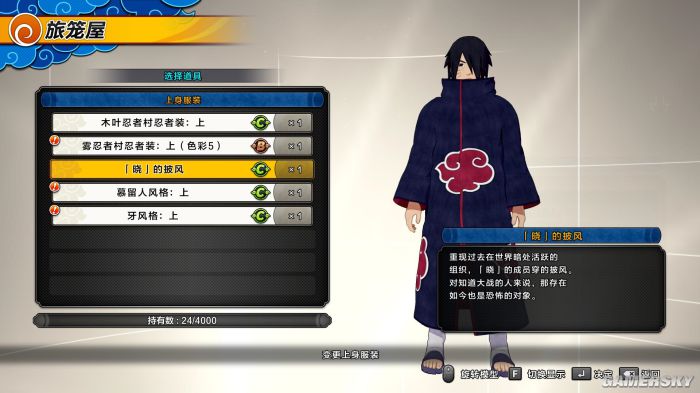
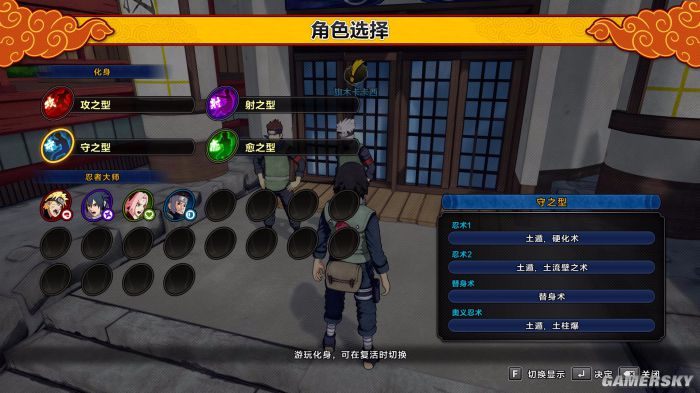
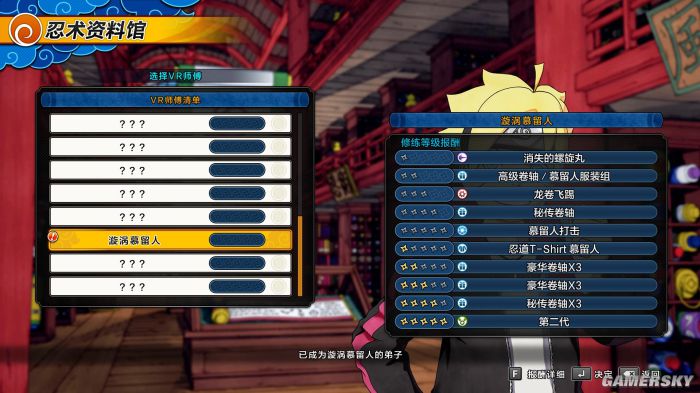



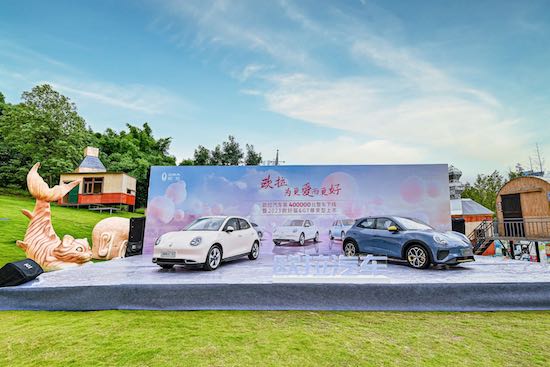

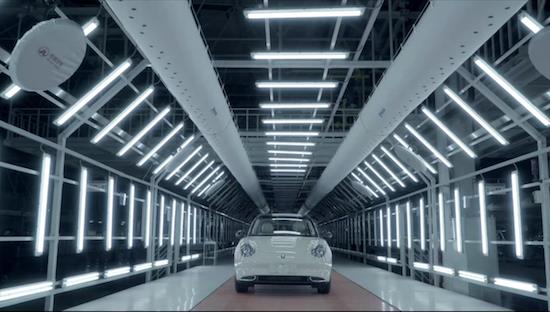




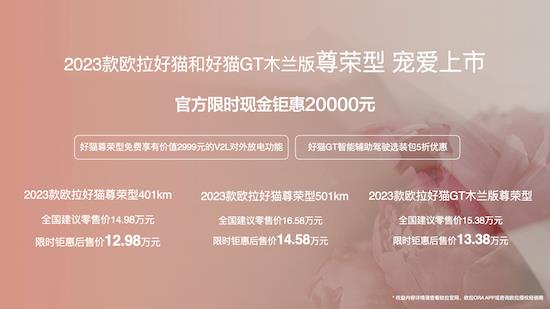



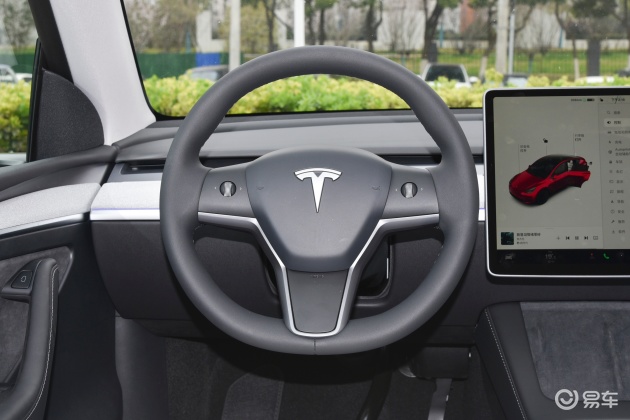
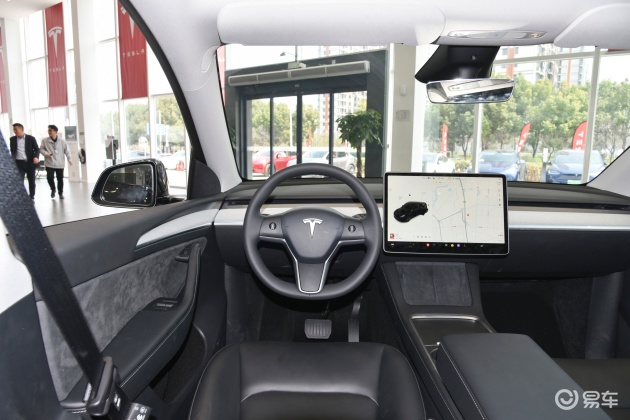

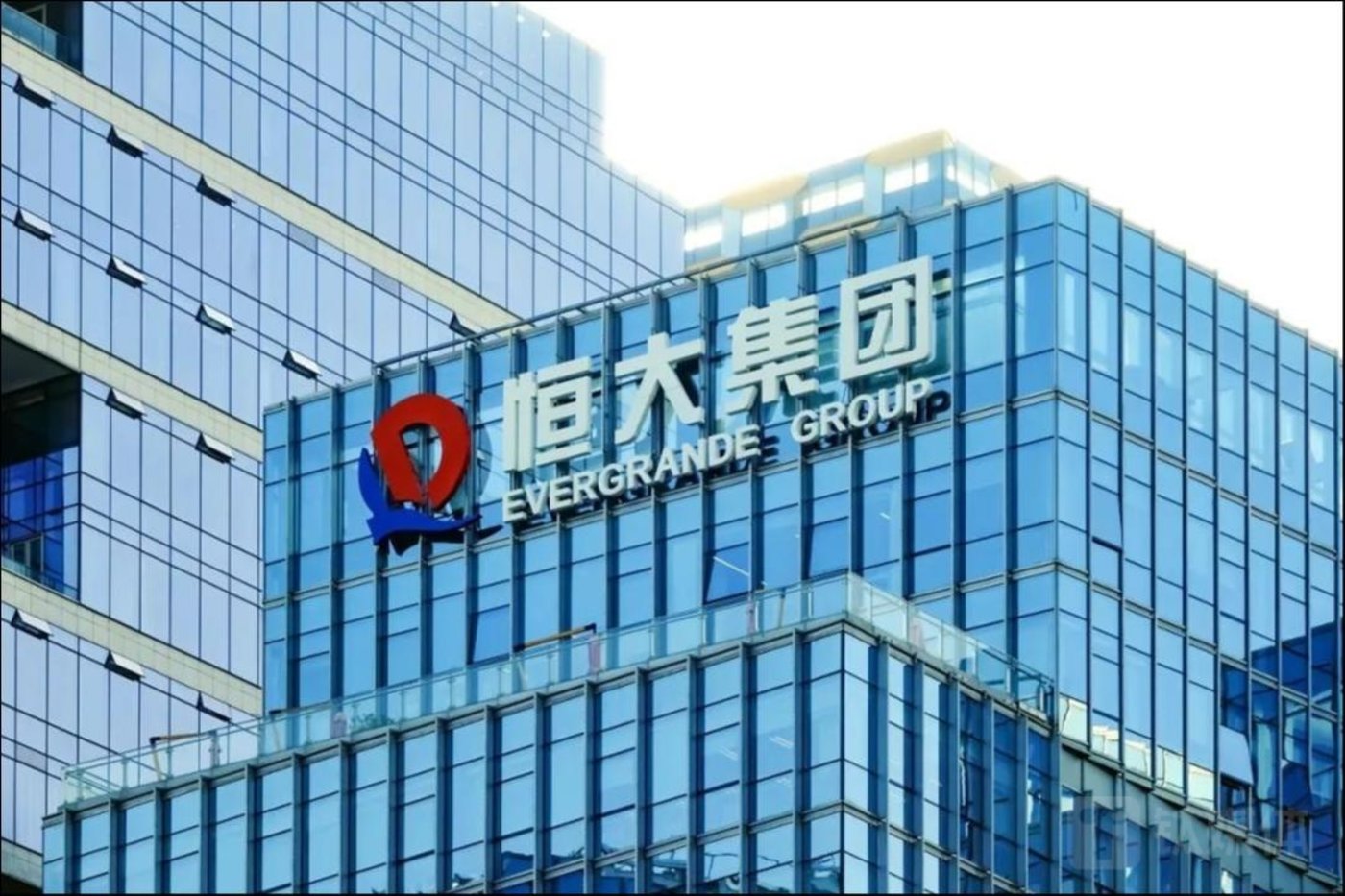
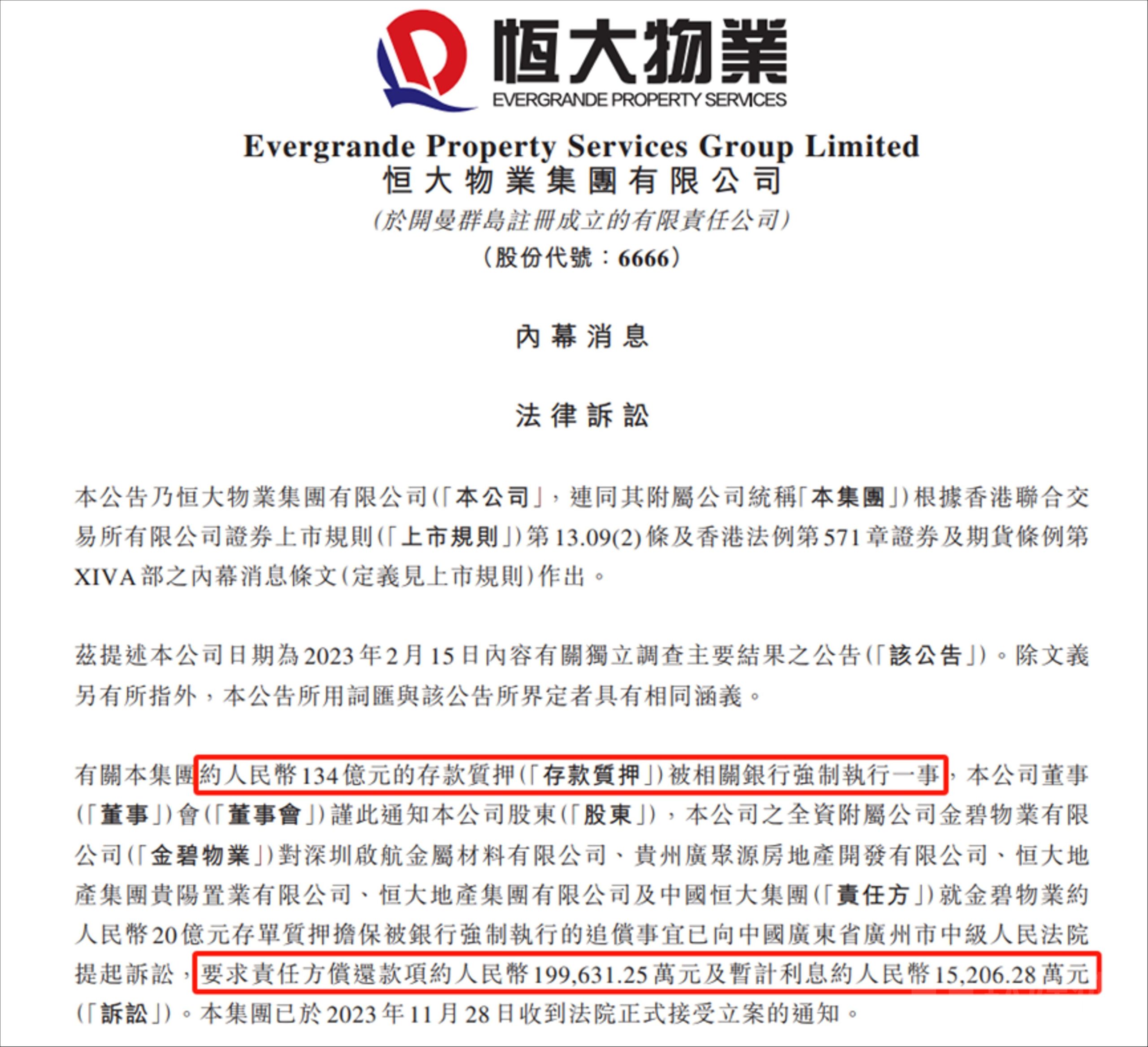



 Attachment 1-1: Allocation Table of Anhui Resident Standardized Training Enrollment Plan in 2020. xlsx
Attachment 1-1: Allocation Table of Anhui Resident Standardized Training Enrollment Plan in 2020. xlsx Attachment 4: Standardized Training Agreement for Residents in Anhui Province (unit). doc
Attachment 4: Standardized Training Agreement for Residents in Anhui Province (unit). doc